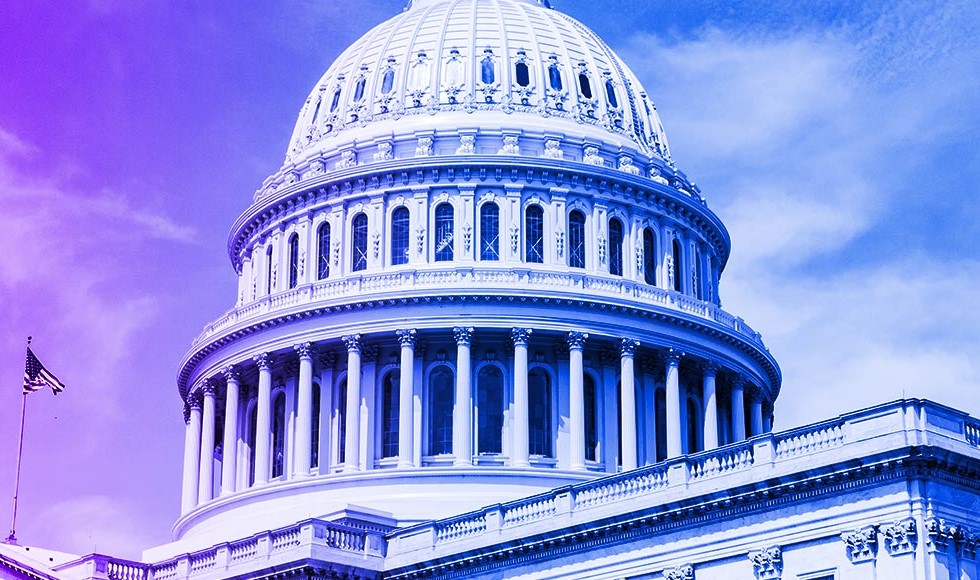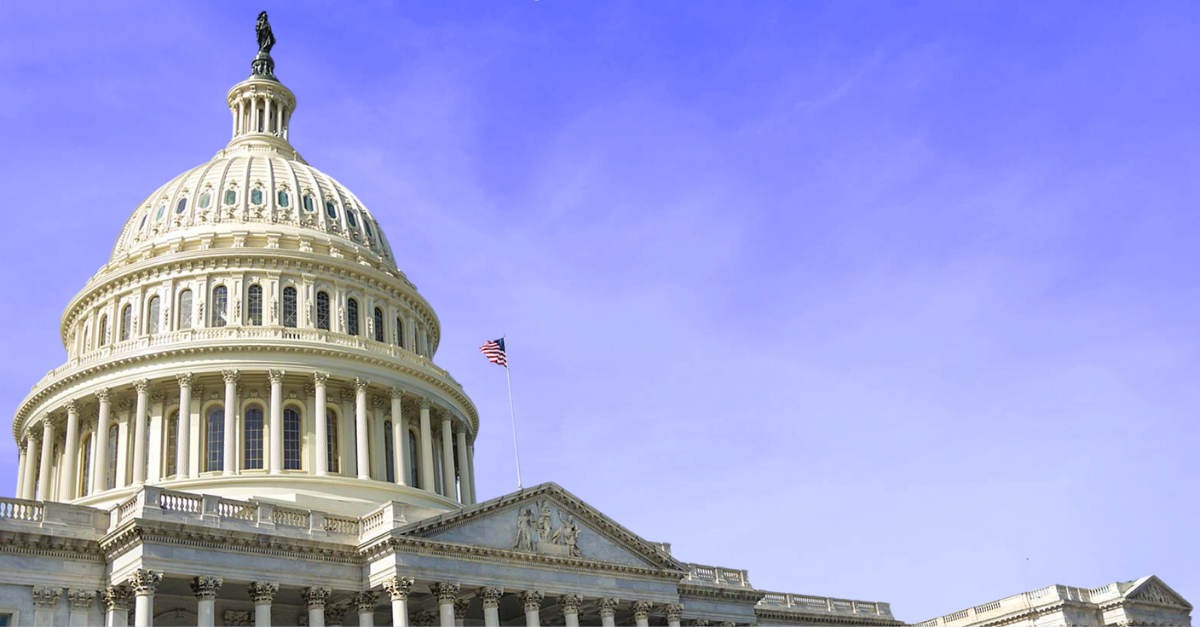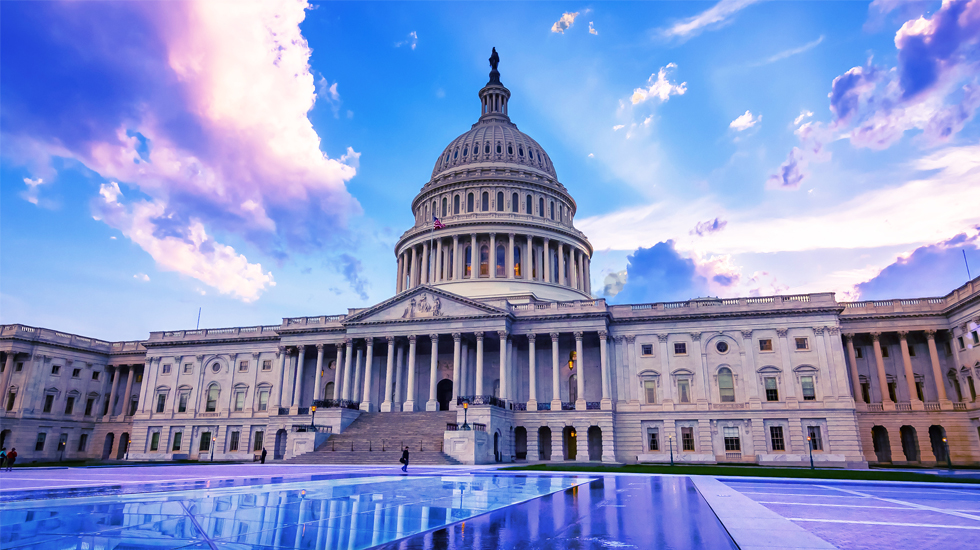Dealer Definition: SEC Final Amendments
Expansion of registration and coverage to traders/hedge funds engaging in liquidity-providing roles

KPMG Regulatory Insights
- Expanded Regulatory Perimeter: Expansion of regulatory registration and supervisory coverage to traders and hedge funds (e.g., SRO, proprietary traders) who engage in liquidity-providing roles “as part of regular business”.
- Non-Exhaustive: Recognition that while not all circumstances may be covered in the final rules, the final rule will still apply if acting as a dealer or government securities dealer.
- Low Threshold: Applies to any person with control of over $50 million of total assets.
__________________________________________________________________________________________________________________________________________________
The Securities and Exchange Commission (SEC or Commission) adopted new rules 3a5-4 and 3a44-2 under the Securities Exchange Act of 1934 (first proposed in March 2022), which apply to any person with control of over $50 million of total assets engaging in liquidity-providing roles “as part of regular business” (e.g., persons who are engaged in a regular pattern of buying and selling securities that has the effect of providing liquidity to other market participants, including proprietary or principal trading firms (PTFs), private funds, and registered investment advisers).
Definitions. The new rules provide the following definitions that now serve as the basis for determining when a market participant needs to register as a “dealer” or a “government securities dealer” under sections 15 and 15C of the Exchange Act:
- Dealer: Any person engaged in the business of buying and selling securities for their own account, either through a broker or otherwise. Note: The definition excludes those who buy and sell securities for their own account but not as part of a regular business. This statutory exclusion is often referred to as the "trader" exception.
- Government Securities Dealer: Any person engaged in the business of buying and selling government securities for their own account, either through a broker or otherwise. Note: Similar to the dealer definition, it does not include persons who buy or sell government securities for their own account but not as part of a regular business.
- “Regular business” activities in connection with certain liquidity providers: Any person engaged in buying and selling for its own account if that person engages in a regular pattern of buying and selling securities that has the effect of providing liquidity to other market participants by:
- Regularly expressing trading interest that is at or near the best available prices on both sides of the market for the same security and that is communicated and represented in a way that makes it accessible to other market participants; or
- Earning revenue primarily from capturing bid-ask spreads, by buying at the bid and selling at the offer, or from capturing any incentives offered by trading venues to liquidity-supplying trading interest.
Market participants who meet these definitions are required to register with the Commission and are subject to regulatory obligations and supervisory oversight unless an exemption or exception applies.
Exclusions. The final rules exclude:
- Any person that has or controls total assets of less than $50 million.
- Investment companies registered under the Investment Company Act of 1940.
- Central banks, sovereign entities, and international financial institutions.
Non-Exhaustive: The final rules are non-exhaustive in determining whether a person is a "dealer" or a "government securities dealer", as they focus on instances where a person engages in a regular pattern of buying and selling securities that has the effect of providing liquidity to other market participants, but do not encompass all scenarios where a person may be considered a dealer under the Exchange Act. However, the final rules still apply to a person acting as “dealer” or “government securities dealer”.
Implemented changes. Based on commentary received related to the proposed rules, the SEC implemented changes in the final rules including:
- Removing the proposed qualitative factor related to liquidity provision with roughly comparable purchases and sales.
- Modifying the term "routine" to "regular" and adding the phrase "for the same security" to the factor to clarify its application.
- Eliminating the quantitative standard from the final rules.
- Revising the "own account" definition to mean an account held in the person's name or for their benefit (eliminating the aggregation provision) and separately adding an anti-evasion provision.
- Adopting an exclusion for "central banks," "sovereign entities," and "international financial institutions."
Compliance period. The final rules become effective 60 days after publication in the Federal Register. Compliance will be required one-year from the effective date of the final rules for all persons who engage in activities that meet the dealer registration requirements under the final rules.
Dive into our thinking:
Dealer Definition: SEC Final Amendments
Expansion of registration and coverage to traders/hedge funds engaging in liquidity-providing roles
Download PDFExplore more
Get the latest from KPMG Regulatory Insights
KPMG Regulatory Insights is the thought leader hub for timely insight on risk and regulatory developments.
Meet our team




